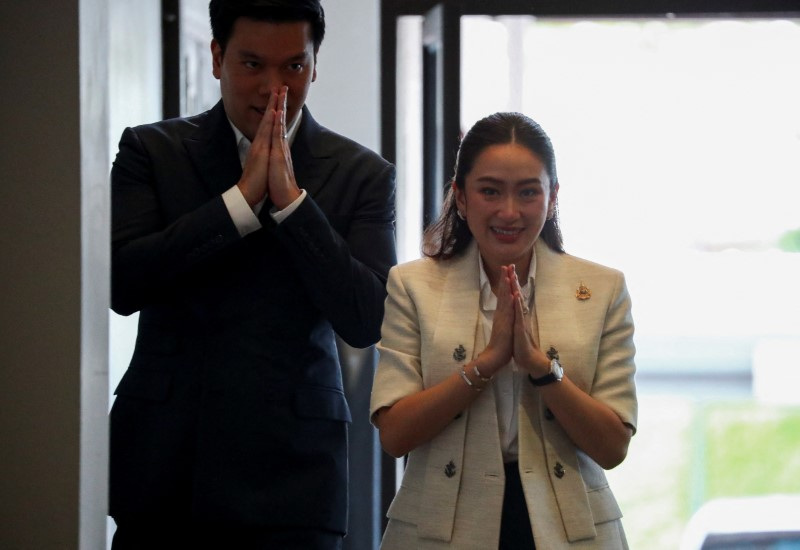
Thailand's political landscape has taken a significant turn with the appointment of Paetongtarn Shinawatra as the country's new Prime Minister. At 37 years old, Paetongtarn becomes Thailand's youngest-ever Prime Minister, following the recent dismissal of her predecessor, Srettha Thavisin. Her ascent to power marks a notable moment in Thai politics, highlighting the continuing influence of the Shinawatra family.
Paetongtarn, the daughter of former Prime Minister Thaksin Shinawatra and niece of Yingluck Shinawatra, is the fourth member of the Shinawatra clan to hold the office of Prime Minister in the past two decades. Her family’s political legacy is deeply entrenched in Thailand’s modern history, though not without controversy. Previous members of the Shinawatra family have faced ousting through military coups or judicial rulings, reflecting the volatile nature of Thai politics.
The parliamentary vote that led to Paetongtarn's appointment came swiftly after the Constitutional Court’s decision to remove Srettha Thavisin, who had been in office for less than a year. The court's ruling found Thavisin guilty of an ethical violation involving the appointment of a Cabinet member connected to alleged bribery. This decision underscores the precarious position of elected officials in Thailand, where judicial and military interventions have frequently reshaped political leadership.
In her acceptance speech, Paetongtarn expressed admiration for Thavisin's work and described his dismissal as unfortunate. Despite this, she emphasized her commitment to advancing the country and addressing its economic challenges. Educated both in Thailand and the UK, Paetongtarn has a background in business, having worked with the Shinawatra family's Rende hotel group before stepping into politics. Her leadership role in the Pheu Thai Party, which she assumed in October 2023, aligns with the party’s focus on economic reform and stabilization.
Her appointment follows a turbulent period in Thai politics, including the recent dissolution of the Move Forward Party by the Constitutional Court and ongoing tensions surrounding the royal defamation law. This law, which imposes severe penalties for defaming the monarchy, has been a contentious issue and a significant factor in political debates.
Paetongtarn’s nomination and the subsequent parliamentary vote, scheduled for Friday, will be watched closely as a measure of the current political climate and the public’s response to continued Shinawatra influence. Her rise to power amid these challenges reflects the enduring complexities and dynamism of Thailand's political arena.


0 Comments